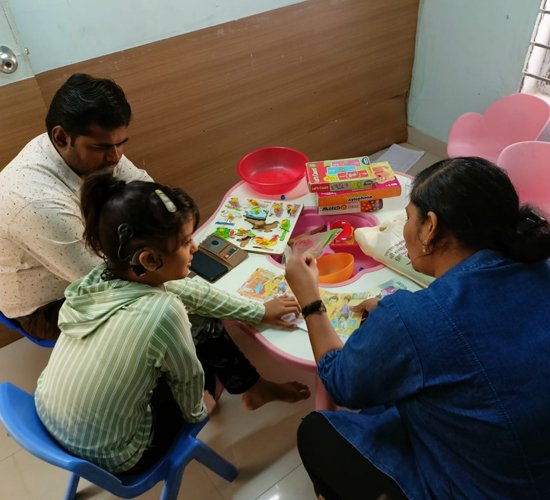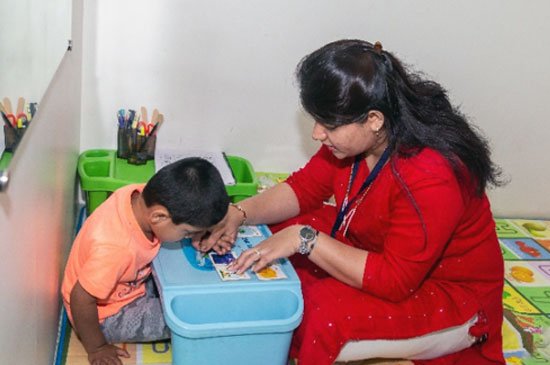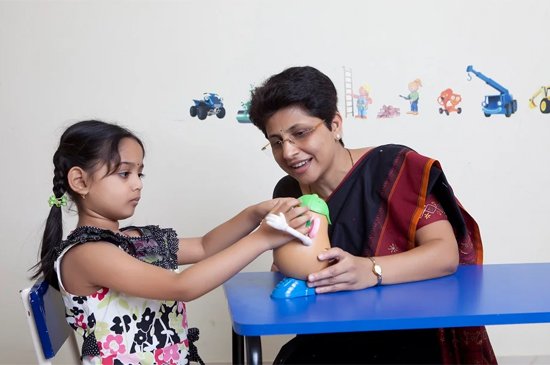Welcome To Our Clinic !
A speech therapist, also known as a speech-language pathologist (SLP), is a specialized healthcare professional who diagnoses and treats communication and swallowing disorders. Their expertise encompasses a wide range of areas, including speech, language, voice, fluency, and cognitive-communication disorders, making their role vital in enhancing the quality of life for individuals across different age groups.
One of the primary functions of a speech therapist is to assist individuals who have speech disorders, which might manifest as difficulty in articulating words, stuttering, or problems with the pitch, volume, or quality of voice. These issues can stem from various causes, such as developmental delays, brain injuries, neurological disorders, or congenital anomalies like cleft palate. Through personalized therapy sessions, speech therapists work on improving the clarity, fluency, and effectiveness of communication, enabling individuals to express themselves more confidently and clearly.

Language disorders, both receptive (understanding) and expressive (speaking),
also fall under the purview of speech therapists. Children with developmental
language delays, individuals with aphasia following a stroke, or those with
cognitive impairments due to dementia can benefit significantly from targeted
language therapy.
Speech therapists use evidence-based techniques to enhance
vocabulary, grammar, comprehension, and overall communication skills,
facilitating better academic performance, social interaction, and day-to-day
functioning.
Another critical aspect of a speech therapist’s role involves addressing swallowing disorders (dysphagia). Swallowing difficulties can occur due to neurological conditions, surgical interventions, or age-related changes. Speech therapists assess swallowing function and develop strategies to ensure safe and efficient swallowing, thereby preventing complications such as aspiration pneumonia and improving nutritional intake.


Beyond direct therapy, speech therapists often collaborate with other professionals, such as educators, doctors, and occupational therapists, to provide holistic care. They also play a crucial role in educating and training families and caregivers, equipping them with strategies to support ongoing communication and swallowing needs at home.
the work of a speech therapist is instrumental in promoting effective communication and safe swallowing, both of which are essential for social interaction, academic and professional success, and overall well-being. Their interventions not only address specific disorders but also enhance the individual's ability to participate fully in everyday life, fostering greater independence and a higher quality of life.